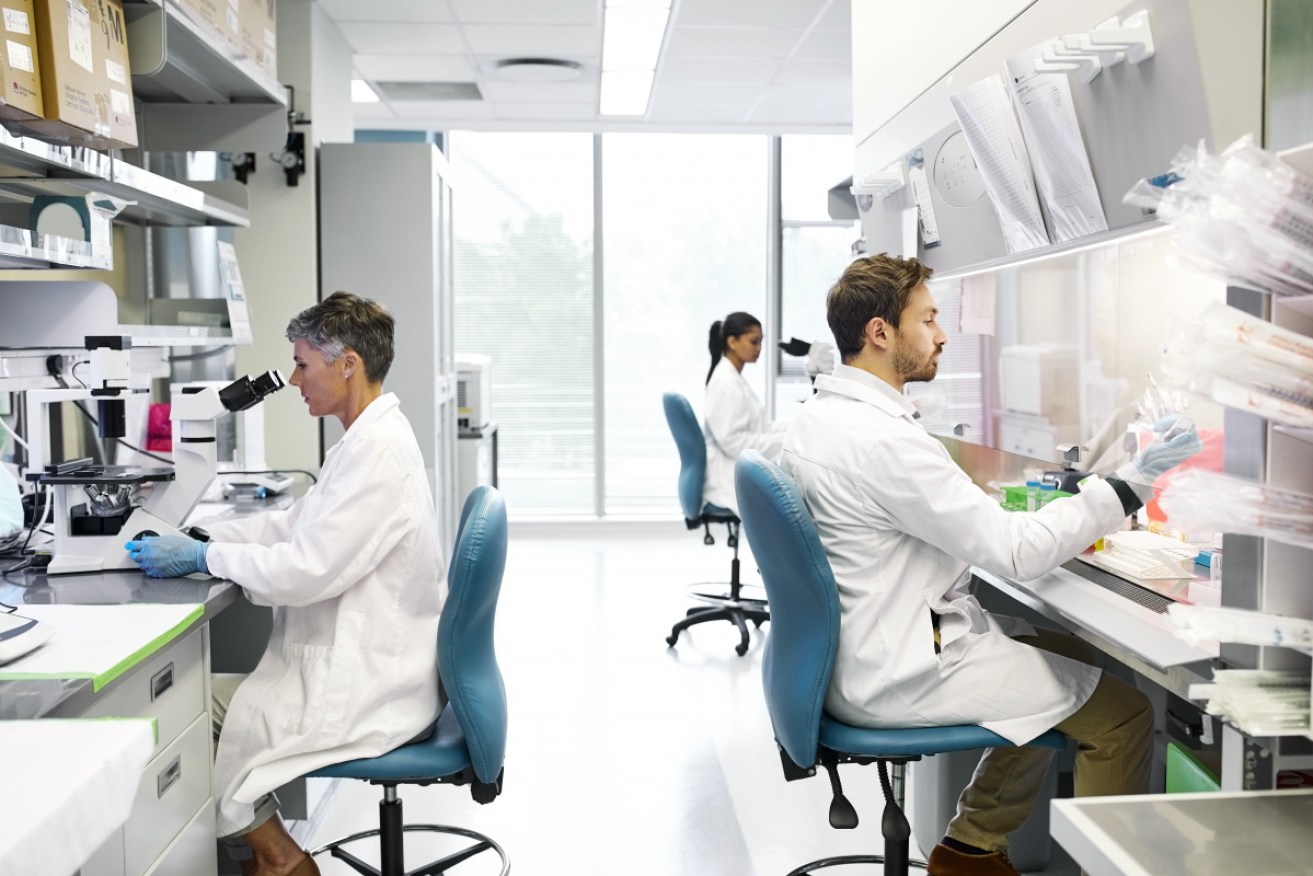Why supporting research is more important than ever


Investing in cancer research is more important than ever Photo: Getty
Depending on where you get your news from, sometimes it can seem like the battle against cancer has stalled – or, because of declining mortality rates, that it’s well on the way to being won.
The real answer is both daunting and heartening.
There are so many new fronts opening up in the battle against cancer, that investment in research is probably more important and worthwhile than ever before.
Here is just a little of what’s happened in recent months:
In January, MIT scientists were “caught by surprise” when they discovered that 49 drugs routinely prescribed for conditions such as diabetes, inflammation, alcoholism – and even for treating arthritis in dogs – could also kill cancer cells in the laboratory.
Equally surprising: These drugs left healthy cells unharmed.
Furthermore, some of these medicines were found to target cells in novel and surprising ways, potentially opening up new lines of attack against tumours.
In Britain, scientists from the Institute of Cancer Research used artificial intelligence machine learning to uncover five new sub-types of breast cancer, each matched to different personalised treatments.
The ICR’s Dr Anguraj Sadanandam, who made the discovery, is using AI to accurately predict who will respond well to particular treatments, and who will face harmful side-effects after being treated.
A new study from Washington University School of Medicine has found that T-helper cells could be the key to boosting the efficacy of immunotherapy drugs – which at this stage don’t work for everybody. (T-helpers are a type of T cell that provide help to other cells in the immune response by recognising foreign antigens and secreting substances called cytokines).
Scientists at the University of East Anglia are pioneering a new way of finding the bacteria and viruses associated with cancer.
Some infections have already been linked with cancers, including stomach cancer and cervical cancer.
The study shows how genomic data collected from tumours could be sequenced to reveal other associated bacteria and viruses.
It is hoped that the work could help detect cancer-causing germs, and one day even lead to more cancer vaccines like the HPV vaccine.
Salk Institute researchers are using a state-of-the-art technology to profile each cell during normal breast development in order to understand what goes wrong in cancer.
The team’s findings lay the groundwork for understanding normal breast development and may lead to new strategies for tackling tumours.
A lot of the new technology, such as AI, is sending scientists back to the drawing board in understanding how cancer works.
This isn’t a backward step, by any means.
Perhaps think of a mystery shrouded in layers of veils.
The veils are coming off and the scientists are getting an ever-clearer picture of what they’re dealing with.
There’s an honest promise here of new-generation treatments being discovered and coming online.
This is why investing in research is more important than ever.
The New Daily is a media partner of the Women in Super Mother’s Day Classic Virtual, which happens online across Australia on Sunday, May 10, raising money for the National Breast Cancer Foundation to help fund breast cancer research. Register here.